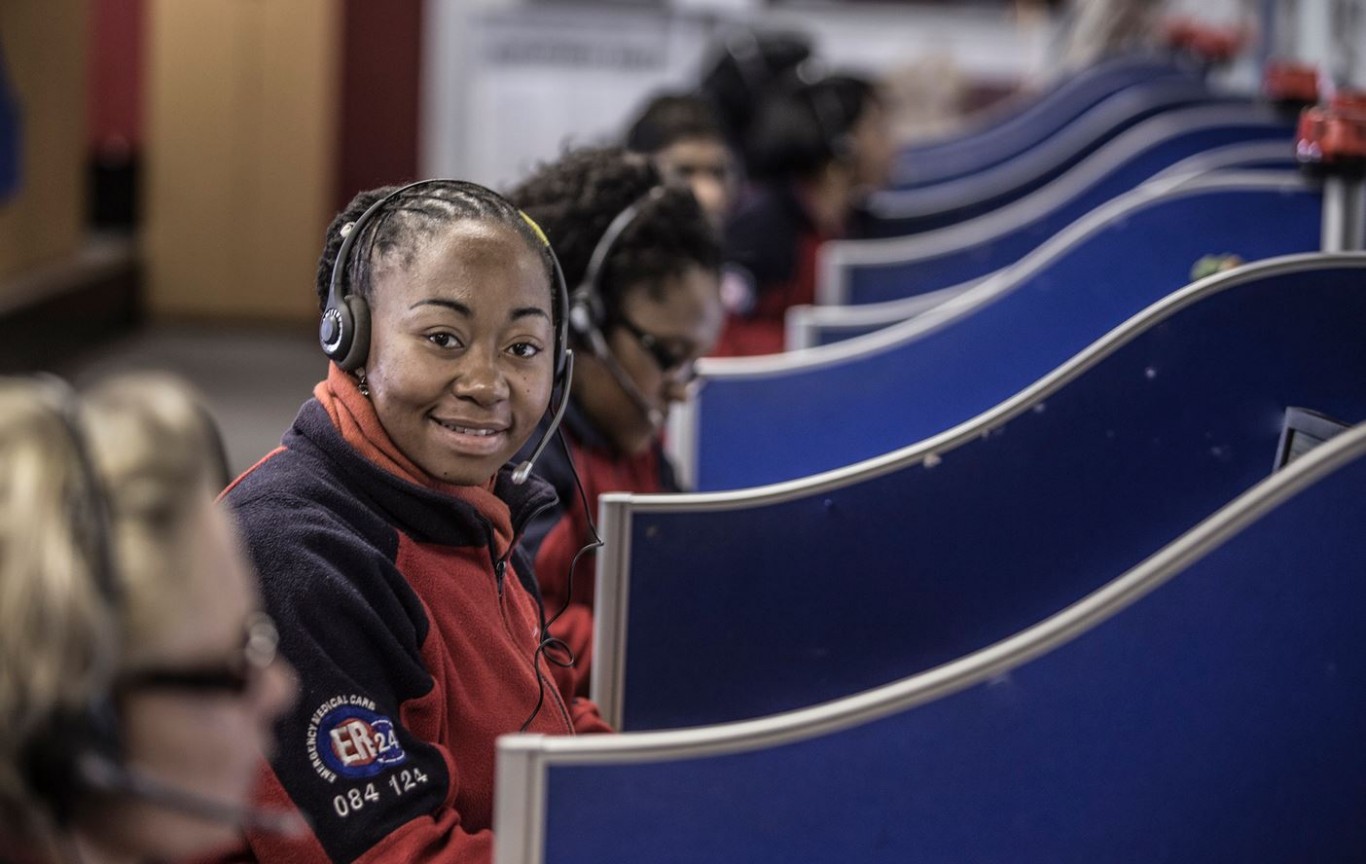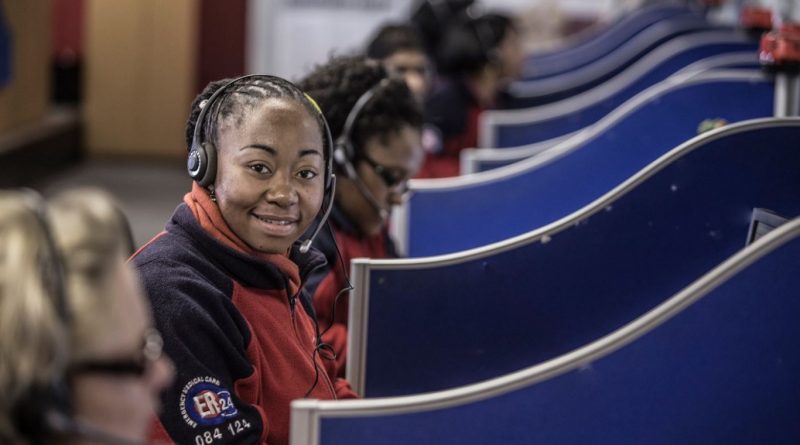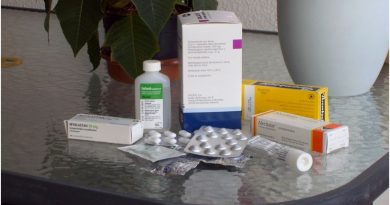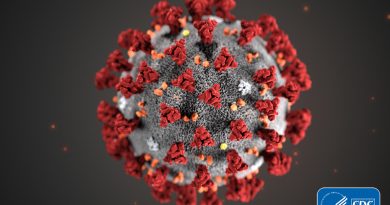Stroke – Fast reaction saves lives
 Although a stroke is a common and serious condition many people do not know how to determine if they are having one or brush off the early signs thinking the symptoms will go away.
Although a stroke is a common and serious condition many people do not know how to determine if they are having one or brush off the early signs thinking the symptoms will go away.
A stroke, which occurs when blood flow to the brain is interrupted by a blood clot or a leaking blood vessel, could lead to death or life-changing disabilities.
For this reason, ER24 is urging people to be aware of the early signs and to react quickly should they suspect a stroke.
Dr Lynn Katsoulis, from Boehringer Ingelheim and the person heading up MyStroke, an initiative aimed at establishing accredited stroke units throughout South Africa, said anyone can have a stroke, be it a child or adult.
She stressed that therapies that can minimise the volume of brain tissue affected by a clot are available, but they can only prevent tissue dying. There are no therapies available to stimulate regrowth of brain cells. Once someone has lost brain tissue following a stroke, if the patient is fortunate enough to recover, it can take months or years for the brain to find alternate pathways to perform similar functions.
She urged people to react quickly if they experience any sudden and persistent changes, such as: sudden limpness on one side; sudden decreased eye sight in one or both eyes; sudden loss of balance; sudden trouble speaking; or sudden onset of a severe and unusual headache or dizziness of unknown cause.
If unsure, do the FAST test, which entails the following and will detect most strokes:
Face – The person suspected of having a stroke should smile or show their teeth. If one side is limp, they could be having a stroke.
Arm – The person should raise both arms for five to 10 seconds while their eyes are closed. If one arm is limp or drifts down, they could be having a stroke.
Speech – Repeat any sentence. If there is trouble understanding or repeating the sentence, the person may be having a stroke.
Time – If any of the above is happening, the person must get to the nearest stroke unit or appropriate facility immediately.
With fatigue being one of the effects of a stroke, Dr Katsoulis urged patients not to go sleep as they will lose the short period during which the effects of the stroke can be reversed. It is better to be told by an emergency doctor that it was a false alarm than being told it is too late for anything to be done.
If an ambulance is called, keep the patient awake and calm while waiting for the ambulance to arrive. Do not give them anything to drink or eat. If the patient has collapsed, lie them on their side and make sure their airway is not obstructed.
If someone decides to take the patient to a stroke facility themselves, they should ensure the person’s life is not at risk and should notify the hospital that they are on the way so that the stroke team can get everything ready to receive the suspected stroke patient at the expected time of arrival.
In the event of a person being alone while having a stroke, this person should call for help or call an ambulance while they still can.
According to Dr Katsoulis, many strokes can be reversed if treated before the affected brain tissue dies. “Strokes can be reversed if the patient gets to the right hospital soon after the onset of the stroke. The cut off time for a chance of a good outcome from treatment is about three hours, but the earlier treatment is given the more brain tissue can be saved,” she said.
Risk factors
Dr Katsoulis said that about 80 percent of strokes can be avoided by managing the factors that cause strokes. Risk factors include uncontrolled hypertension, diabetes, heart disease such as atrial fibrillation, high waist to hip ratio (large belly), excessive alcohol intake, smoking, ongoing stress and lack of exercise.
Healthy living, with moderate exercise and healthy eating habits that minimise sugar, salt and bad fats while increasing good fats, reduce the chances of having a stroke.
“People should do a moderate amount of exercise to decrease the risk of a stroke. Endurance sports where athletes exert themselves for several hours a day increases the risk of atrial fibrillation which is the cause of some of the most severe strokes,” said Dr Katsoulis.
She added that while aspirin decreases the risk of stroke, patients with conditions such as atrial fibrillation or clotting disorders need to be on more effective anticoagulants. Oral anticoagulants which do not require dose monitoring and do not interact with several foods are available so patients should consult their doctors to determine what medication they should take.
MyStroke
MyStroke, which was established last year, is intended as a platform to facilitate collaboration between all people affected by stroke and to facilitate coordination of activities of healthcare practitioners and interested parties.
Dr Katsoulis urged everyone to know where the closest stroke units or hospitals that are able to provide emergency stroke treatment are located.
A list of these units, which is being updated continually, can be found on www.mystroke.co.za
ER24’s emergency contact centre can be reached 24 hours a day on 084 124.




